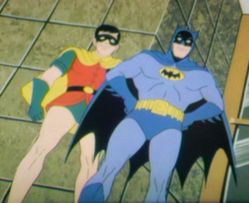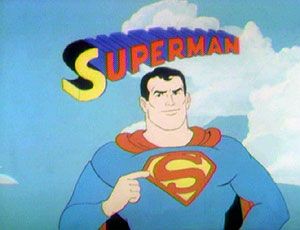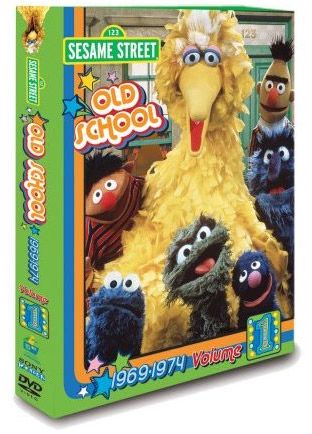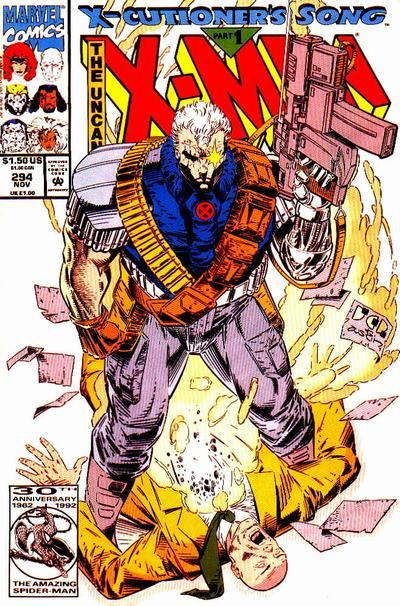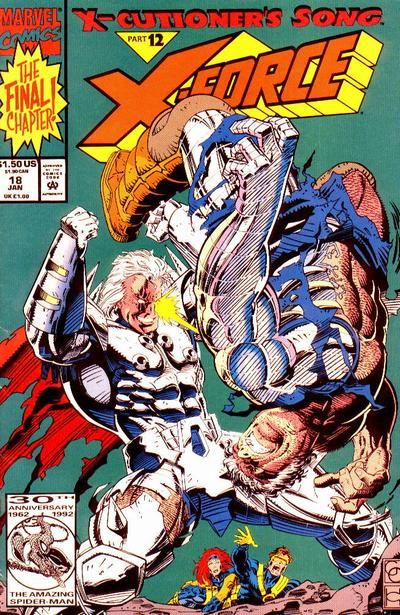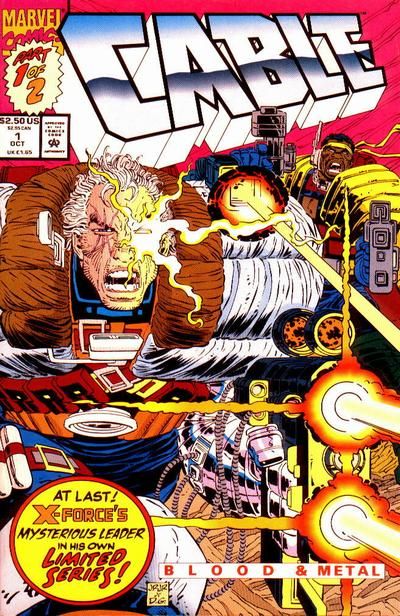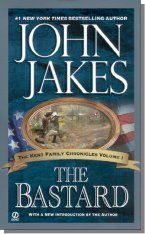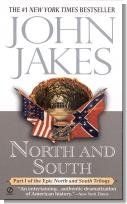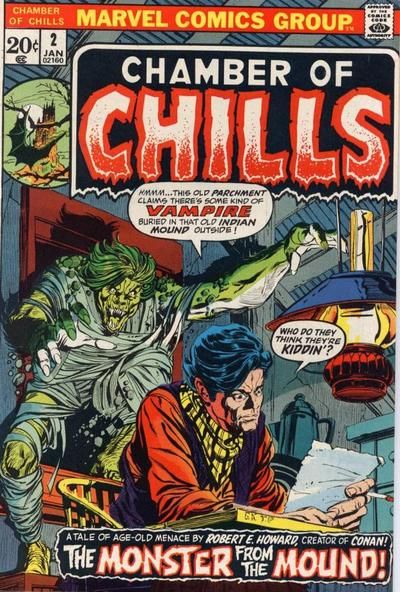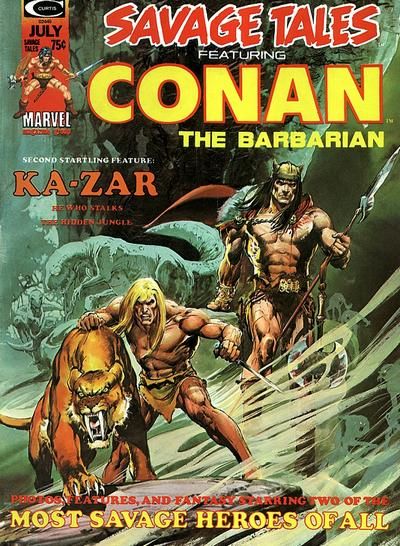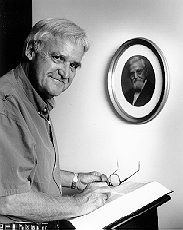This is the ninety-seventh in a series of examinations of comic book urban legends and whether they are true or false. Click here for an archive of the previous ninety-six. Click here for a similar archive, only arranged by subject.
Let's begin!
COMIC URBAN LEGEND: Superman and Batman appeared on Sesame Street.
STATUS: True
Some months ago, a reader asked me if I could answer the question of whether Sesame Street ever actually featured Superman and Batman, as the reader remembered seeing ads for the heroes appearing on the show, but not them actually being on the show.
After some checking, it turns out that yes, amusingly enough, Superman and Batman actually DID appear on a few episodes of the first two seasons of Sesame Street!!
They appeared in a series of cartoon shorts where the heroes would teach kids short little lessons.
Batman and Robin (voiced by Olan Soule and Casey Kasem, respectively) taught children a lesson about crossing the street while chasing the Joker.
They taught children the concepts of "up," "at" and "through."
They also taught children the difference between dirty and clean.
Superman (voiced by Bud Collyer) showed up in the first season to discuss the letter D, and he made a return (and a final appearance of Batman or Superman) in the show's second season, to discuss the letter S.
By that point, presumably the show had gotten used to its format, and had no more use for the instant brand-name recognition of Batman and Superman.
Or maybe there was some other, more sinister reason! Something involving Lex Luthor, perhaps?
You can check out one cartoon from each hero on the recent DVD box-set, Sesame Street: Old School!
Thanks to Clayton Emery for the question and "Eric the Pilot" for giving me some info on this one, and Muppet Wiki for filling in the last blanks.
COMIC URBAN LEGEND: Marvel re-wrote the ending of the X-Cutioner's Song because they decided not to reveal Cable's origin at the end of it as the originally planned.
STATUS: False
As mentioned in last week's installment, X-Cutioner's Song was a big crossover between the major X-Men titles (namely Uncanny X-Men, Canny X-Men, X-Factor and X-Force) that involved the villain Stryfe making an assassination attempt on Professor Xavier while pretending to be Cable, head of X-Force.
Unsurprisingly, this sends the X-Men off to confront Cable, and hilarity ensues.
The conclusion of the story pits Cable against Stryfe, with Cyclops and Jean Grey in tow, presumably due to some connection to Cable and/or Stryfe, but the last part of the story was conspicuous at the time for seeming like it was about to tell the readers Cable's origin (and why he and Stryfe looked alike) but pulled away at the last moment.
This led to the belief that (according to the Wikipedia entry on X-Cutioner's Song):
Bob Harras... forced Lobdell and Niceza to change the ending of the story to remove what was supposed to be the main drawing point of the storyline: Cable's origin. Rather than reveal that Nathan Christopher Summers was Cable or Stryfe, Harras refused to allow the writers to reveal any details about the character's origin save for the cryptic clues laid out beforehand. It would not be until 1994, that the origin of Cable would be revealed with the revelation that Cable was in truth Nathan Christopher Summers and that Stryfe, not Cable, was the clone.
However, when asked about this, Fabian Nicieza explained that that was not the case, but that the decision to not reveal the origin was, while certainly one made on the fly (as a big part of the backstory of X-Cutioner's Song was that it was being done while the X-Books were in disarray over the recent departure of major contributors Jim Lee, Rob Liefeld and Whilce Portacio ), was one that was, indeed, planned by Nicieza and Scott Lobdell.
In particular, the two men knew that Cable would be written out of the X-Titles for awhile to get his own mini-series, but due to an erratic schedule, they did not know how long it would be before Cable would return to the books, and they did not know when (or if) Cable would receive an ongoing series, as it, too would have to wait for the mini-series to be completed.
Therefore, they decided to come up with a story that would give hints, but not give the ultimate answers - and that was how they originally wrote it. There were no last minute orders from on high to scrap the original ending.
Those answers about Cable's origin, by rhe way, would ultimately be given by Nicieza in an early storyline of the Cable ongoing series that came out in 1994.
Thanks to Fabian Nicieza for filling me in on what happened back then.
COMIC URBAN LEGEND: John Jakes wrote comics for Marvel.
STATUS: True
John Jakes is the best-selling author who first broke on to the mainstream literary scene with his hugely popular series of historical fiction novels commemorating the bicentennial of the United States, which he began in 1974 with The Bastard.
The series, also known as the Kent Family Chronicles, shows the history of a family from the American Revolution all the way to the end of the 19th Century.
The second, third and fourth volumes of the series were all on the New York Times bestsellers list in the SAME YEAR! A hard feat to achieve!
Jakes followed up this with ANOTHER best-selling series, this time a trilogy of books set during the Civil War.
These books (which written in the 80s) were later made into a series of popular TV movies starring Patrick Swayze.
However popular Jakes became after these novels, before they were released he struggled to support himself with his writing. Jakes did not become a full-time writer until he was almost 40 years old, in the early 70s. He worked in advertising for years while writing a number of short stories and novels during his spare time, throughout the 50s and 60s. He looked to all available avenues for his writing.
In the early 70s, right before the Kent Family Chronicles exploded, Jakes worked on a number of comic books.
He adapted some of his short stories for Marvel, while also writing some original stories, primarily in the horror genre.
He did not forget comics after he hit the big-time, though, as he did a few later comic projects.
Thanks to John McDonagh for filling me in on this interesting aspect of Jakes' illustrious career.
Okay, that's it for this week!
Feel free to drop off any urban legends you'd like to see featured!

